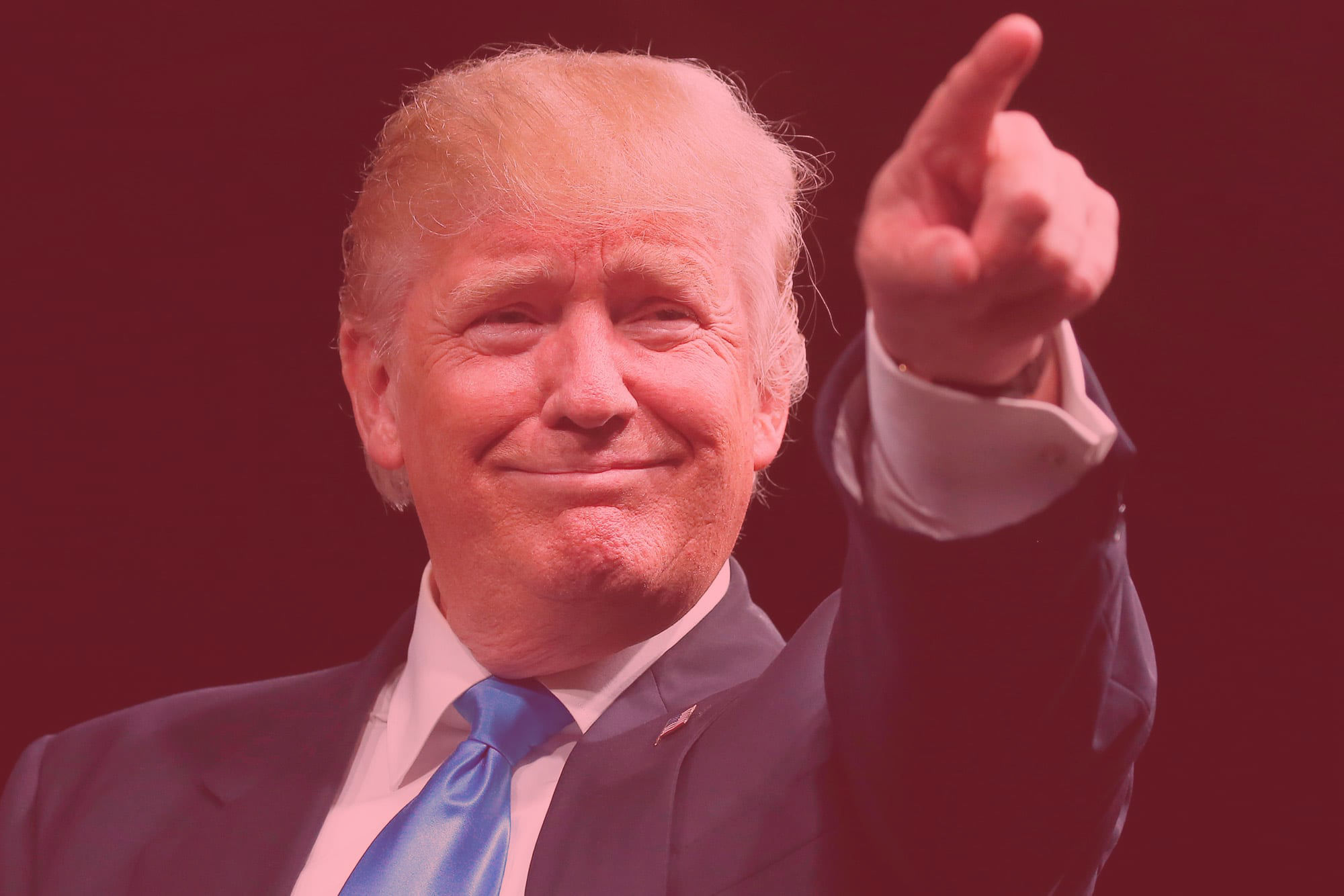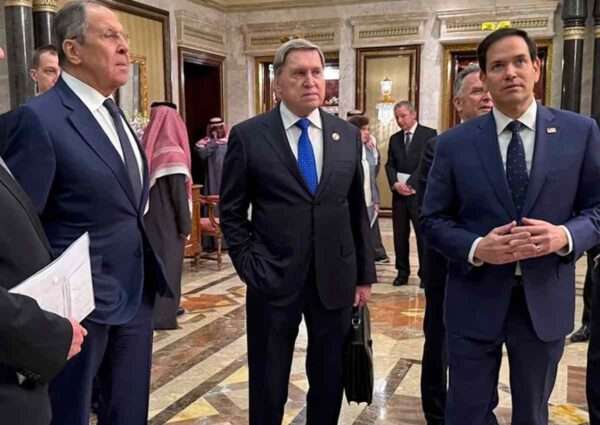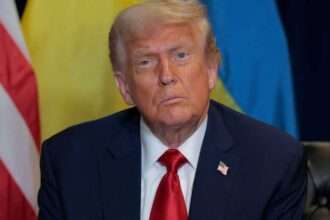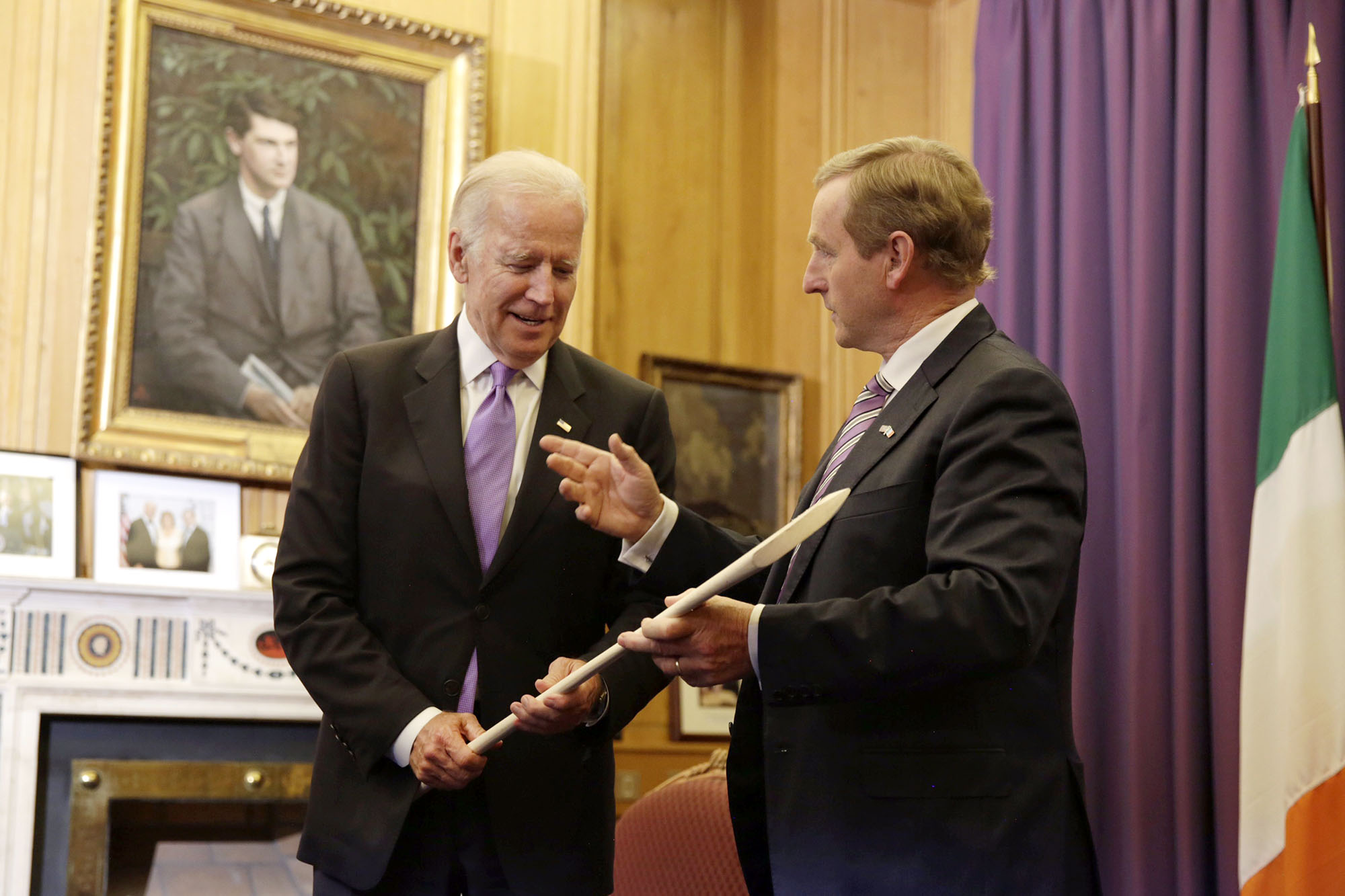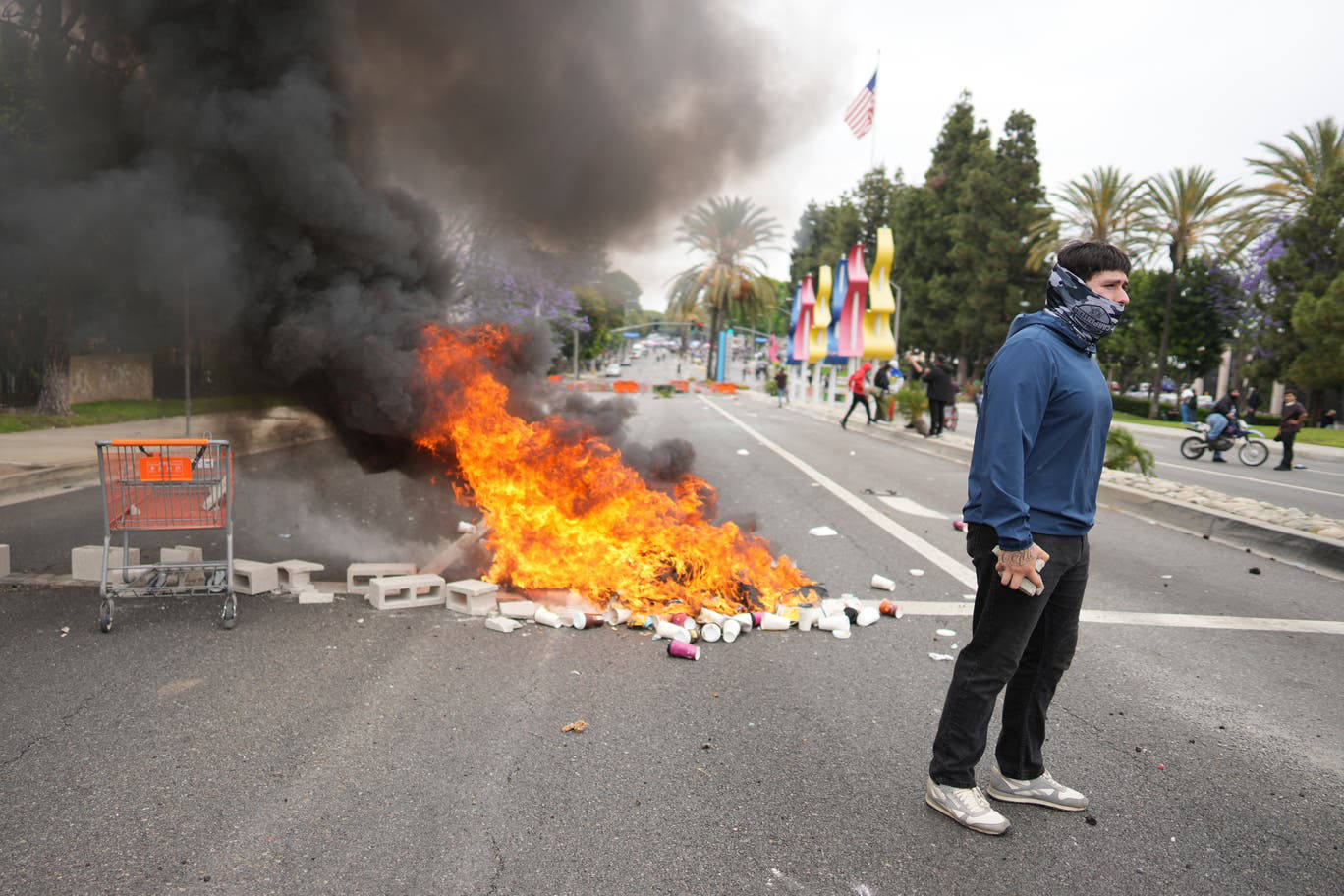Met Police Commissioner Mark Rowley has made waves by threatening to extradite and imprison American citizens for their online posts. And in an unexpected twist, the former President of the United States, Donald Trump, has become the most high-profile target of this audacious declaration.
The Unprecedented Threat
The announcement, which has sparked controversy on both sides of the Atlantic, revolves around Rowley’s assertion that online hate speech and harmful posts originating from American citizens could warrant legal action in the United Kingdom. While the concept itself is contentious, the fact that Donald Trump, known for his fiery social media presence, is at the top of the list has taken this issue to a whole new level.
The Trump Tweets in Question
According to sources within the Met Police, the decision to target Trump stems from his frequent use of social media to hurl insults and make derogatory comments about various public figures. From labeling opponents as “losers” to his infamous nickname for the London mayor, Sadiq Khan, whom he has called “a stone-cold loser,” Trump’s online behavior has long been a source of controversy.
Rowley, in a recent press conference, stated, “We cannot allow harmful rhetoric to spread unchecked, regardless of where it originates. If American citizens, including Mr. Trump, think they can hide behind a keyboard while inciting hatred or making harmful statements, they are sorely mistaken.”
The Legal Logistics
The logistics of extraditing a former U.S. President to the United Kingdom over social media posts are, to put it mildly, complex. Legal experts on both sides have expressed skepticism about the feasibility of such an action. “The idea of extraditing a former president over tweets is unprecedented,” said international law expert Dr. Emily Richards. “The diplomatic fallout alone would be massive, not to mention the legal hurdles.”
However, the Met Police seem undeterred. Sources close to the Commissioner suggest that they are prepared to take this matter as far as necessary, even if it means going head-to-head with the U.S. government. “This isn’t just about Trump,” one insider noted. “This is about setting a global precedent for accountability in the digital age.”
Public Reaction
Unsurprisingly, the public reaction has been a mix of shock, amusement, and outrage. Trump supporters have rallied behind him, labeling the move as a “witch hunt” and “overreach” by the UK government. “Are they seriously trying to arrest Trump over mean tweets? What a joke!” one supporter posted on social media.
On the other hand, critics of Trump have taken a more tongue-in-cheek approach. “I’d pay to see Trump in a British courtroom,” one user tweeted. “Imagine the judge trying to make sense of ‘covfefe.’”
Trump’s Response
True to form, Trump wasted no time in responding to the threat. In a post on Truth Social, he wrote, “The UK is trying to EXTRADITE ME over tweets! They can’t even handle their own problems, now they want to meddle with American freedom of speech? Ridiculous! Sad!”
Trump’s legal team has also weighed in, calling the move “absurd” and vowing to fight any attempts at extradition. “This is a blatant violation of Mr. Trump’s First Amendment rights,” said one of his attorneys. “We will not allow the UK or any foreign entity to infringe upon American sovereignty.”
The Bigger Picture
While the likelihood of Trump being extradited to the UK remains slim, the situation highlights the growing tensions around online speech and international law. As social media continues to blur the lines between national boundaries, questions about jurisdiction and accountability in the digital age are becoming increasingly pressing.
The Met Police’s threat to extradite Donald Trump over his social media posts is a bold and unprecedented move that has sparked global debate. While the legal and diplomatic ramifications are still unfolding, one thing is clear: the battle over online speech has entered a new and unpredictable phase. Whether this is a serious legal endeavor or just a dramatic gesture, the world will be watching closely to see how it all plays out.


